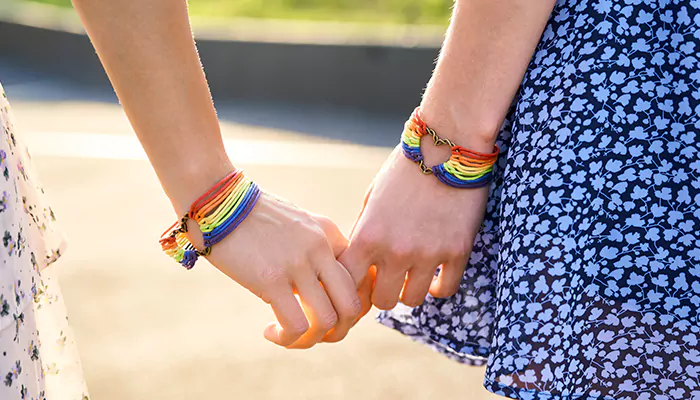Decoding the Mosquito Magnet: Why Some People Attract Mosquitoes More
- Admin
- 1 year ago
- 4 minutes read

Intro: Let's delve into the fascinating world of mosquito attraction to uncover the factors that determine why some individuals are more appealing to mosquitoes than others.
Mosquitoes, those pesky insects that leave itchy bites and disrupt outdoor activities, seem to have a particular affinity for certain individuals. While some people might enjoy a pleasant evening outdoors without a single mosquito bite, others find themselves swatting away these tiny pests incessantly. But why does this discrepancy exist?
Understanding the Mosquito's Scent Detection Mechanism:
Before we explore why mosquitoes target specific individuals, it's essential to understand how these insects locate their hosts. Mosquitoes primarily rely on their sense of smell to detect carbon dioxide (CO2), body odours, and heat emitted by potential hosts. Once they identify a target, they home in on the source of these cues to feed on blood for nourishment.
Genetic Predisposition: The Role of Genetics in Mosquito Attraction
Research suggests that genetics play a significant role in determining an individual's attractiveness to mosquitoes. Studies have identified certain genetic factors that influence an individual's body odour, making them more appealing targets for mosquitoes. These genetic variations can affect the production of chemicals and compounds present in sweat and skin, altering a person's scent profile and making them more enticing to mosquitoes.
Metabolic Rate and CO2 Emission:
Individuals with higher metabolic rates tend to produce more carbon dioxide when they exhale, which can attract mosquitoes from a greater distance. Additionally, factors such as physical activity and body size can influence the rate of CO2 emission, potentially making some individuals more attractive to mosquitoes than others.
Blood Type and Mosquito Preferences:
Believe it or not, your blood type might influence your attractiveness to mosquitoes. Research indicates that individuals with type O blood are more likely to attract mosquitoes than those with type A or B blood. It's theorized that certain blood types emit different chemical signals that mosquitoes are drawn to, although more research is needed to fully understand this phenomenon.
Skin Microbiome and Odour Profile:
The human skin is home to a diverse array of microorganisms collectively known as the skin microbiome. These microorganisms produce various odorous compounds that can influence an individual's scent profile. Research suggests that differences in the composition of the skin microbiome can contribute to variations in body odour, potentially affecting an individual's attractiveness to mosquitoes.
Lactic Acid and Other Chemical Compounds:
Mosquitoes are sensitive to a range of chemical compounds present on the skin, including lactic acid, ammonia, and uric acid. Individuals who produce higher levels of these compounds may be more attractive to mosquitoes. Factors such as diet, genetics, and overall health can influence the concentration of these chemicals on the skin, thereby affecting mosquito attraction.
Clothing Colour and Attractiveness to Mosquitoes:
Believe it or not, the colour of your clothing can also impact your likelihood of being bitten by mosquitoes. Research suggests that mosquitoes are more attracted to dark colours such as black and navy blue, as these colours provide greater contrast against the background, making it easier for mosquitoes to locate potential hosts.
While it may seem like mosquitoes have a personal vendetta against certain individuals, the reality is that multiple factors contribute to their preference for specific hosts. Genetic predispositions, metabolic rate, blood type, skin microbiome, and even clothing colour can all play a role in determining an individual's attractiveness to mosquitoes. By understanding these factors, we can take steps to minimize our risk of mosquito bites, whether through insect repellents, protective clothing, or environmental modifications. After all, nobody wants to spend their summer swatting away mosquitoes when they could be enjoying the great outdoors.












